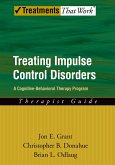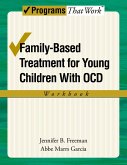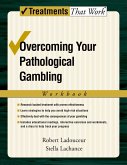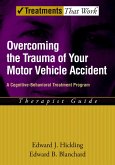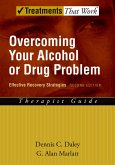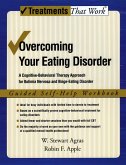If you feel you are no longer in control of your behavior, that your actions may have interfered with your family, social, or working life, this workbook can help you take back control. Impulse control disorders (ICDs) include pathological gambling (PG), kleptomania/compulsive stealing (KM), pyromania/fire setting (PY), and compulsive buying (CB). ICDs are characterized by difficulties resisting urges to engage in behaviors that are excessive and/or ultimately harmful to oneself or others. ICDs are relatively common and can be significantly harmful - even life threatening. They can also be effectively treated with behavioral therapies.
Overcoming Impulse Control Problems is written by researchers with years of experience studying the psychology of impulse control disorders. This book represents the treatment they have found to be the most effective at controlling urges to gamble, steal, set fires, and over-spend. It will also help you to better understand the true nature of impulse control problems, and will help to prevent future problems. Intended for use in conjunction with supervised therapy, this workbook includes various self-assessmnets and exercises designed to help you realize the truth behind your actions, and to reach the ultimate goal of changing your impulsive behaviors. This workbook and the corresponding therapist guide form a complete treatment package that will help you overcome your impulsive behaviors and learn skills that are useful for a lifetime.
Dieser Download kann aus rechtlichen Gründen nur mit Rechnungsadresse in A, B, BG, CY, CZ, D, DK, EW, E, FIN, F, GR, HR, H, IRL, I, LT, L, LR, M, NL, PL, P, R, S, SLO, SK ausgeliefert werden.



